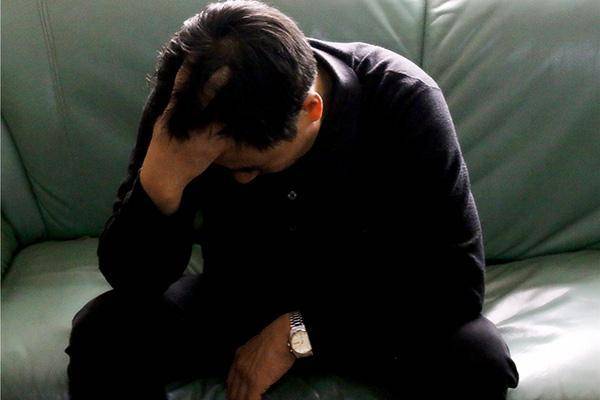Nowadays, many people want to live a long life, and everyone knows that the length of life is influenced by many factors. If people have some unhealthy habits in life, it can lead to health issues over time, resulting in a shorter lifespan. So, if one wants to live longer, they should pay more attention to their body changes in daily life. In fact, men with shorter lifespans typically have the following characteristics.
What are the characteristics of men who may not live long?
Firstly, poor physical fitness is a major factor affecting men’s lifespan. Some men engage in long-term heavy smoking, drinking, staying up late, and unhealthy eating habits, which can negatively impact their lifespan. If a man gets out of breath from even slight physical exertion, it may indicate poor cardiovascular and pulmonary function, making them less likely to live long.
Secondly, low sleep quality is often associated with shorter male lifespan. This could be due to hormonal imbalances or neurological disorders. Insomnia can lead to poorer organ function, emphasizing the importance of adequate and quality sleep for maintaining health.
Additionally, poor complexion can also indicate a shorter lifespan for men. A pale, yellowish complexion devoid of healthy color may suggest insufficient blood and nutrients supply. Addressing this issue through proper body maintenance to restore normal blood circulation is essential for maintaining a healthy complexion.
Lastly, obesity can lead to various health problems and organ complications, potentially shortening a man’s lifespan. Monitoring body weight and avoiding excessive obesity is crucial for overall health. Excessive weight in men may contribute to a shorter lifespan.
How can men increase their chances of living longer?
Firstly, consuming a tomato daily can be beneficial due to its high nutritional value, rich in vitamins. Regular tomato consumption can help combat aging and lower blood lipids. Tomatoes can aid middle-aged and elderly men in reducing nocturnal urination frequency by inhibiting prostate enlargement.
Secondly, regular consumption of green tea can provide essential nutrients and antioxidants that improve physiological functions and help prevent various health issues. Green tea contains phytoestrogens that may assist aging men in managing prostate enlargement.
In conclusion, men with shorter lifespans often exhibit the mentioned characteristics, which should be addressed promptly. Trying the above methods can be beneficial for men seeking to live longer and healthier lives.


